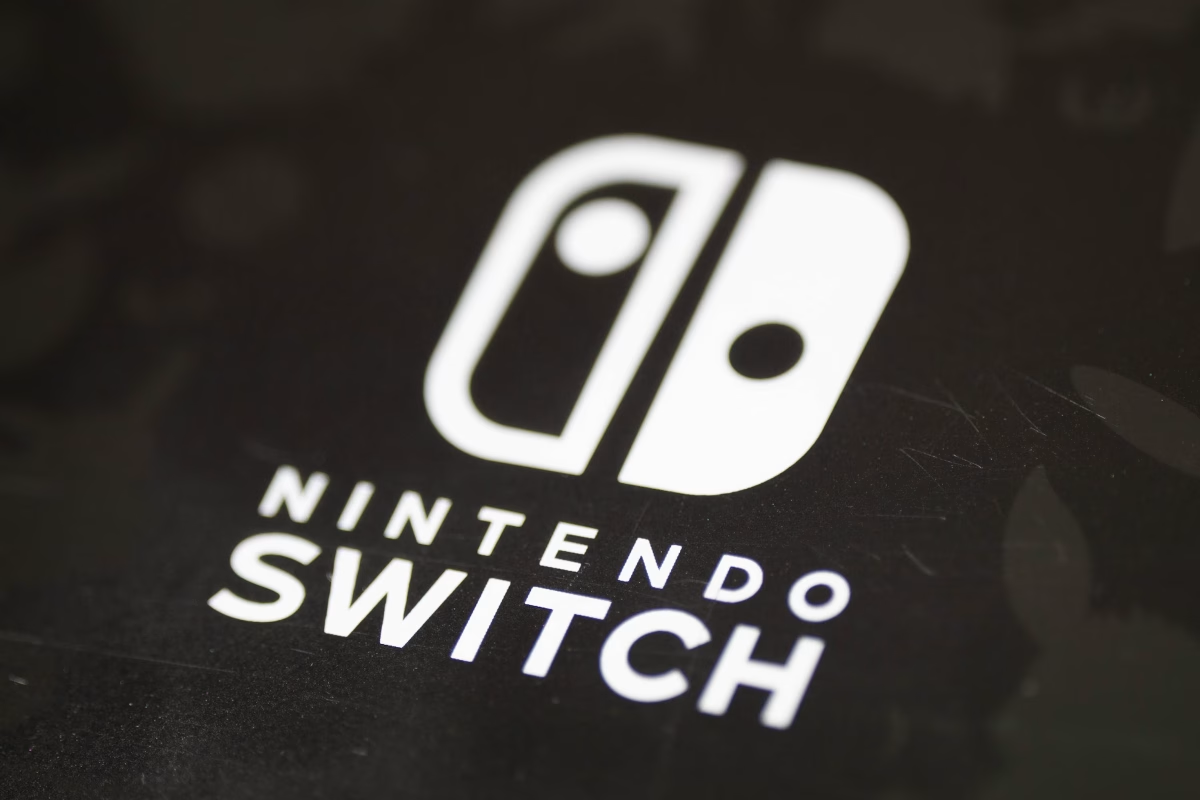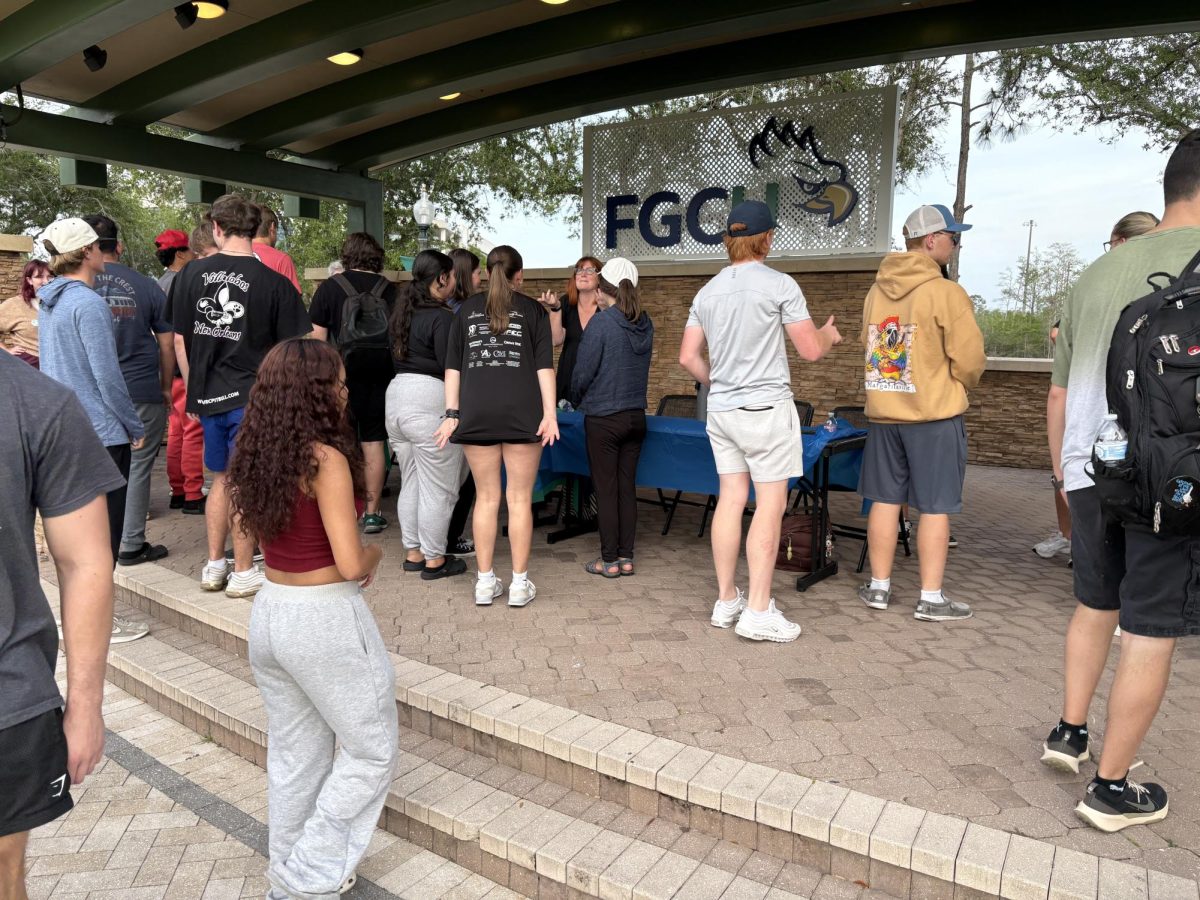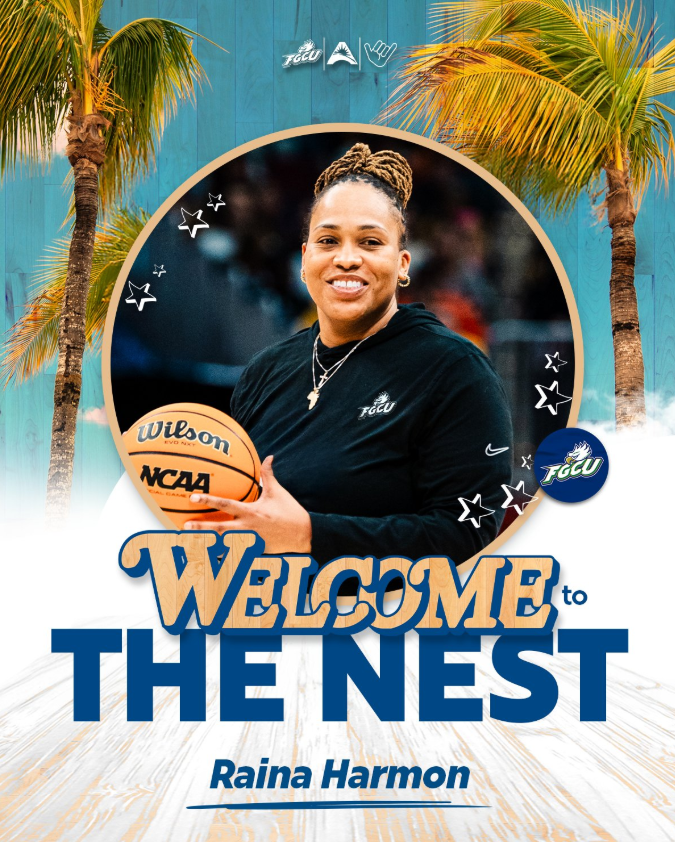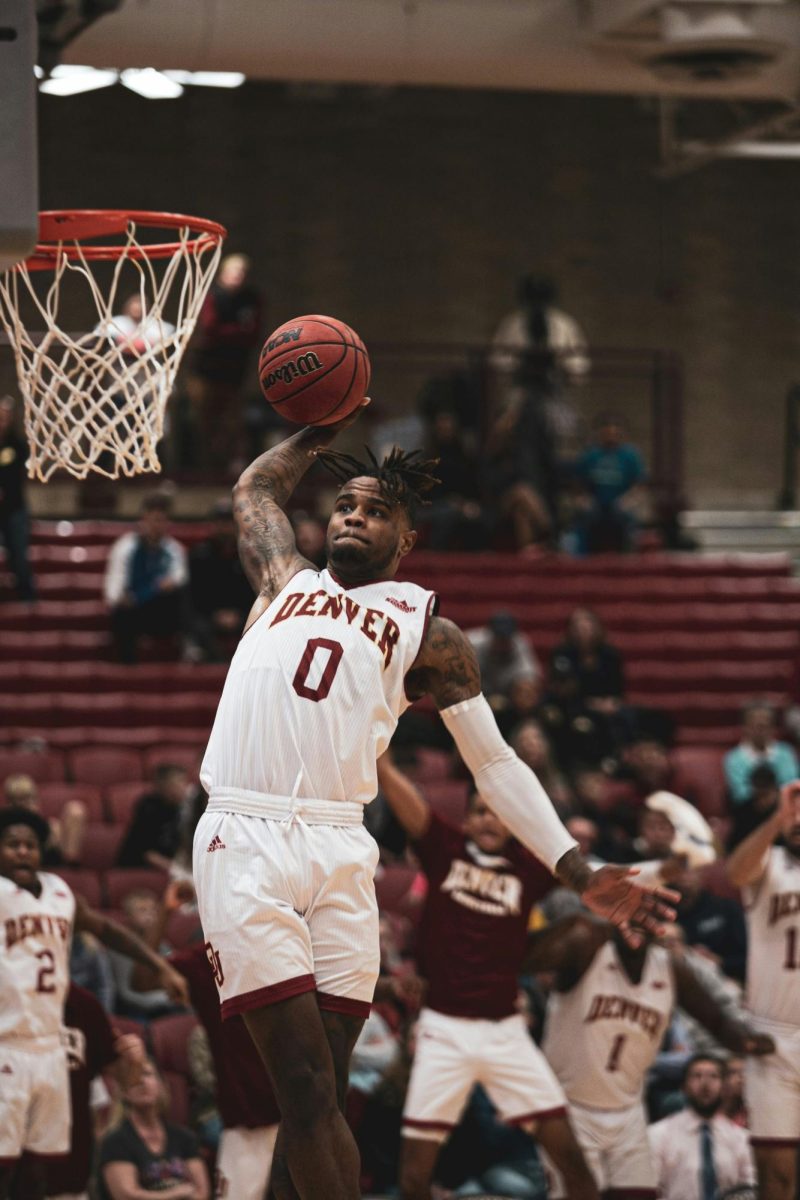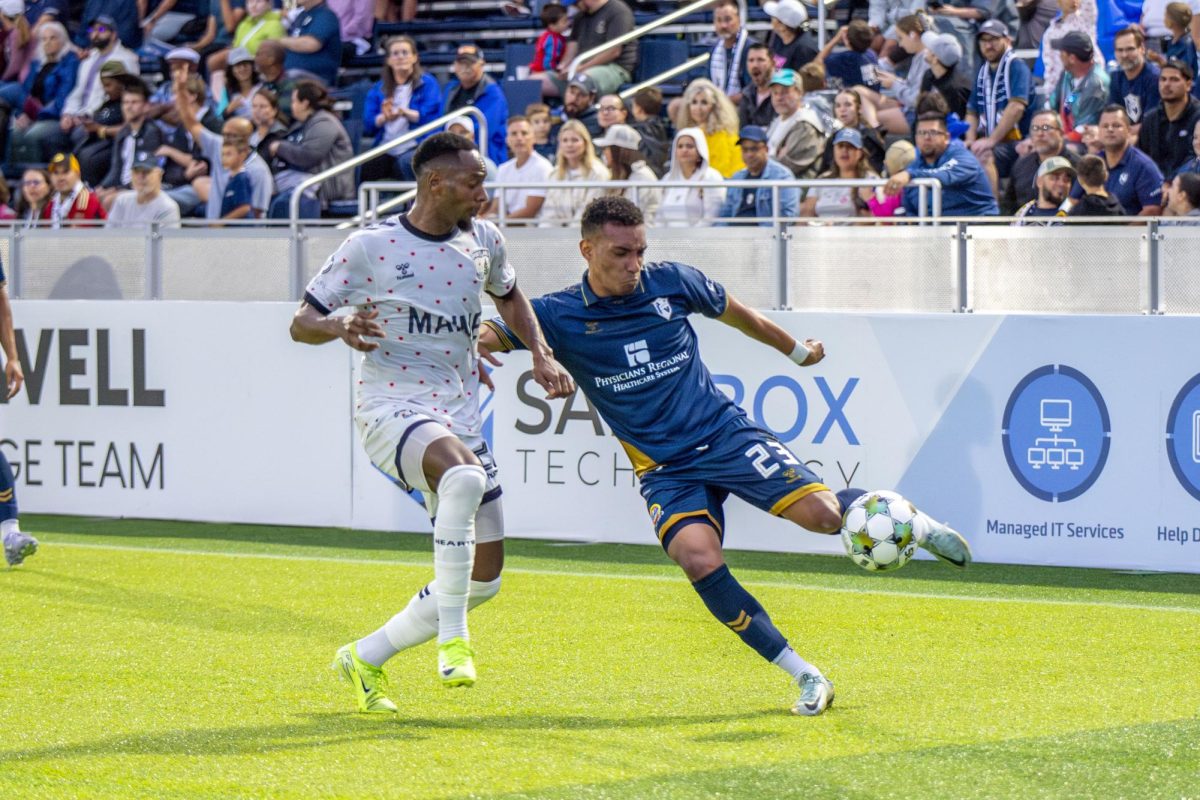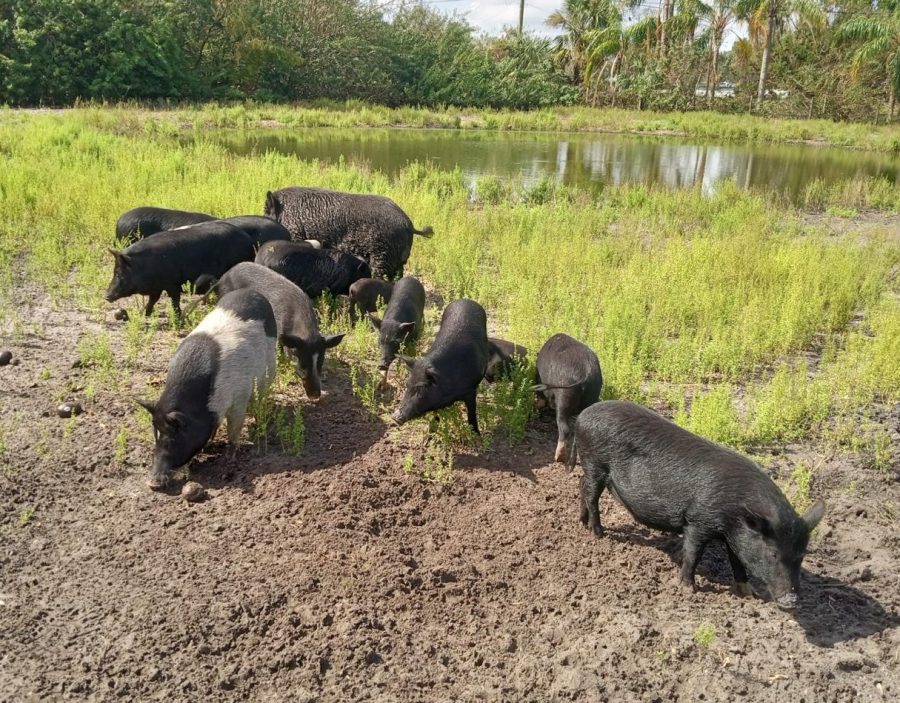Tons of SoVi Dining’s Pre-Consumer Food Waste Feeds Pigs on an Instructor’s Homestead
Pigs on Fraser’s homestead enjoy donated avocados on Oct. 14, 2022. Photo courtesy of Fraser Family Farm.
February 20, 2023
For 7 years and counting, FGCU School of Resort and Hospitality Management instructor James Fraser has collected pre-consumer food waste from SoVi Dining for his homestead in Buckingham.
Tara Scrivano, resident district manager of Dining Services, said that this relationship is made to promote sustainability.
“It’s a pillar of being a good person, I think,” Scrivano said. “It’s not just about saving money or that sort of thing.”
Pre-consumer food waste is food waste that is made in preparing food. It does not reach the consumer. This can include the scraps and trimmings from produce before it reaches the vegetable bar at SoVi Dining or any other preparations for meals.
In the 2022 fall semester, Scrivano said there was 1,606 pounds of pre-consumer food waste alone at SoVi. This waste would go to a landfill if it was not diverted elsewhere.
“We don’t want any more of our waste to be put in a landfill,” Scrivano said. “I mean, that’s really the main goal.”
Fraser, who takes in the pre-consumer food waste, said it is important to divert the waste because it does not decompose properly in landfills.
“Food waste takes an exceptional long time to decompose in a landfill since it is deprived of the oxygen needed to break down effectively,” Fraser said.
Fraser said he gets food from SoVi Dining and the catering services on campus to avoid more pre-consumer food ending up in a landfill.
Fraser picks up the food waste five times during the week. He said he averages around 200 pounds a day of food waste, which averages around 1,000 pounds a week. He said the amount depends on the campus population at the time.
All of this food waste feeds to his pigs.
“It’s a great diet for them,” Fraser said. “They’re super healthy and very happy. Cheese, and breads, and grains and everything else that comes from the salad bar and the vegetarian station. They eat cakes, cookies, and double knots. My son’s like, ‘Dad, they eat better than us.’”
Both Scrivano and Fraser said sustainability is an important aspect of this cooperation. Fraser said there are multiple components on why this is important.
“Well, I mean, you’re feeding livestock, which give sustainability with their final production,” Fraser said. “You’re saving the landfill tons of cubic space. And you’re saving on waste removal for like thousands and thousands of dollars. So, it’s really beneficial and a win-win for everybody. I can manage the pigs cost effectively, and SoVi gets to write off their waste.”
In another aspect, Scrivano said taking this waste away can help cut back on pollution.
“We live very close to water,” Scrivano said. “We have too much opportunity to get waste materials— for lack of a better term, and I mean it could be a plethora of things— to contaminate our waterways.”
Scrivano said cutting back on contamination is important to the local area of Southwest Florida.
“We live in Southwest Florida because it’s gorgeous, and it’s beautiful, and we have these beautiful beaches, and we have these pristine canals and waterways and that sort of thing,” Scrivano said. “If we don’t do our part, it’s not going to be this beautiful landscape that we love. Because, you know, that’s why we live here.”
Fraser said that both having this cooperation and even him having his own homestead are good models of how a few people alone can bring change.

